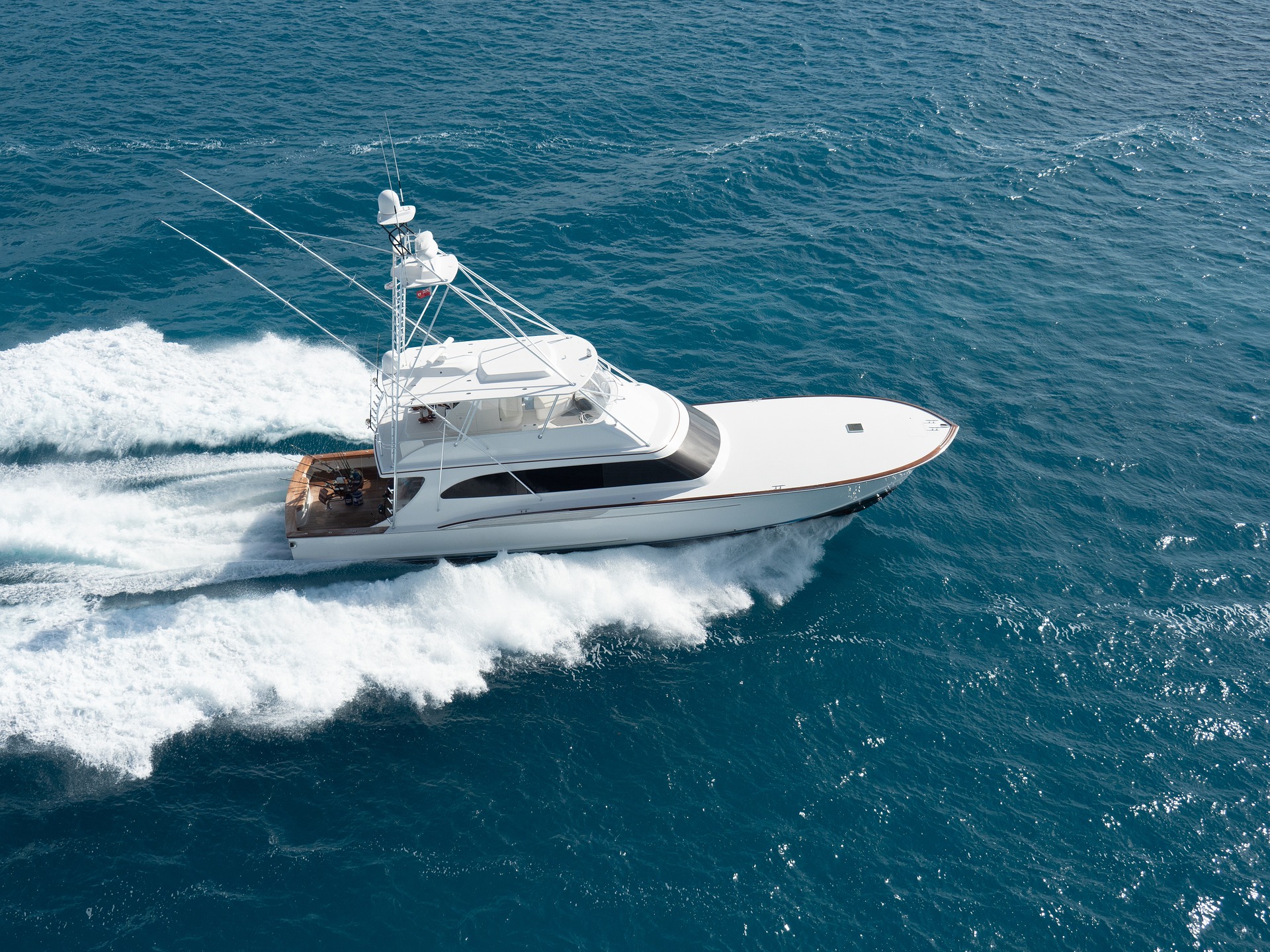Boat Rental: Practical Guide to Boats, Motors, and Costs
Renting a boat can open up new ways to enjoy waterways, whether for fishing, cruising, or watersports. This article explains key considerations for choosing a rental, what to check on an outboard motor, how financing and payments commonly work, marine safety and legal points, and practical cost examples. The aim is to give clear, usable information for arranging boat rental or evaluating longer-term access options.

What to know about the outboard motor
An outboard motor is the most common propulsion for small rental boats; understanding its basics helps avoid problems on the water. Before departure, check that the motor starts cleanly, runs smoothly at different throttle settings, and has no obvious fuel or oil leaks. Ask whether the rental includes spare fuel, a kill switch lanyard, and an instruction briefing. Familiarize yourself with tilt and trim controls and how to shift between forward, neutral, and reverse. If an outboard motor is unusually noisy or stalls, request a replacement boat or a technician inspection before leaving the dock.
How to choose the right boat
Selecting the right boat depends on activity, group size, and experience. Small runabouts and bowriders are suited for day cruising and watersports for four to eight people, while pontoons offer stable platforms for relaxed outings and larger groups. Consider fuel capacity, onboard storage, and weight limits, and whether the boat has necessary equipment like navigation lights and a VHF radio. Check the rental’s passenger and safety limits, and verify whether a shore briefing or orientation for the specific boat model is included. Match boat size and features to your intended itinerary for a safer, more enjoyable trip.
How does financing relate to boat access
Financing usually applies to boat purchases, but understanding financing options helps when deciding between buying, joining a club, or renting frequently. Lenders for marine loans include banks, credit unions, and specialized marine finance companies; terms often depend on boat age, type, and borrower credit. For those who want regular access without ownership, membership models and fractional ownership can spread costs over time and avoid large upfront payments. Rental companies sometimes offer seasonal contracts or multi-day packages with different payment options; always compare total long-term costs versus one-time purchases.
What marine safety and legal points matter
Marine safety and local regulations are central to safe boat rental. Confirm that the rental company provides required safety equipment: life jackets sized for all passengers, fire extinguisher, throwable flotation device, and visual distress signals where required. Know local laws for licensing and age limits for operators, and whether a boater education certificate is needed in your area. Check weather forecasts and tides before departure and ensure the rental agreement clarifies liability, insurance coverage, and the company’s procedures for mechanical problems or accidents. Clear communication about responsibilities reduces risk for both renters and providers.
How payments and fees are typically structured
Boat rental payments commonly include a base rate plus additional fees: fuel (either prepaid or refueled on return), cleaning fees, transient berthing charges, and security deposits or credit card holds to cover damage. Rentals may be quoted hourly, half-day, or full-day; multi-day rates often reduce the per-day cost. Damage waivers or insurance options can be offered at extra cost and may limit out-of-pocket liability. Verify payment methods accepted and the timing of refunds for deposits. Reading the rental contract before payment helps avoid surprise charges and clarifies cancellation and rescheduling policies.
The section below provides real-world cost examples and common service providers to illustrate typical price ranges and options in the market. These entries are estimates intended to show broad differences between peer-to-peer rentals, membership clubs, marina rentals, and equipment purchase. Refer to providers’ current listings for precise local rates.
| Product/Service | Provider | Cost Estimation |
|---|---|---|
| Day powerboat rental (6–8 people) | Boatsetter | $150–$600 per day (varies by location and season) |
| Day powerboat rental (6–8 people) | GetMyBoat | $150–$600 per day (varies by location and season) |
| Membership-based boat access | Freedom Boat Club | Initiation $3,000–$5,000; Monthly $200–$450 |
| Pontoon rental (half-day) | Local marina | $100–$400 per half-day depending on region |
| Small outboard motor (new, 20–60 HP) | West Marine | $1,200–$8,000 depending on horsepower and model |
Prices, rates, or cost estimates mentioned in this article are based on the latest available information but may change over time. Independent research is advised before making financial decisions.
Conclusion
Boat rental can be a flexible and relatively low-commitment way to enjoy time on the water, provided you check the outboard motor and boat condition, understand payment structures and any financing alternatives, and follow marine safety and legal requirements. Comparing peer-to-peer platforms, marinas, and membership clubs will clarify the best fit for your use frequency and budget. Clear communication with the rental provider and careful review of the agreement help ensure a safe and predictable experience.





